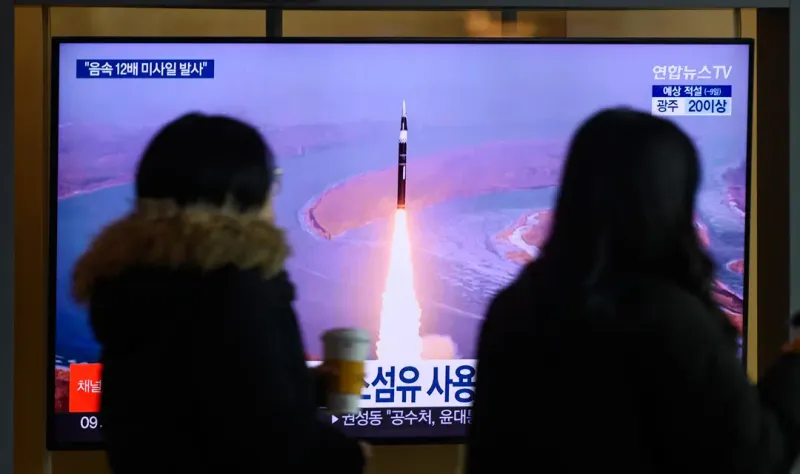US Senate Passes Record $858B Defense Budget
The US Senate on Thursday authorized a record $858B in annual defense spending, $45B more than Pres. Joe Biden proposed. This comes after the National Defense Authorization Act (NDAA), an annual must-pass bill that sets policy for the Pentagon, was passed by the House last week

Facts
- The US Senate on Thursday authorized a record $858B in annual defense spending, $45B more than Pres. Joe Biden proposed. This comes after the National Defense Authorization Act (NDAA), an annual must-pass bill that sets policy for the Pentagon, was passed by the House last week; Biden is expected to now sign it.
- The NDAA provides $817B to the Pentagon, while $30B goes toward nuclear weapons development overseen by the Dept. of Energy. This is the second consecutive year Congress has exceeded Biden’s military spending plans by tens of billions of dollars.
- Aid to Ukraine increased to $800M for the fiscal year 2023, a $500M increase from last year. A defense modernization program for Taiwan to deter Chinese action would also be established.
- The COVID vaccine mandate for military members is also ended by this bill. However, members who were discharged or had their benefits cut for refusing the vaccine would not be reinstated.
- White House Press Sec. Karine Jean-Pierre said Biden doesn't approve of repealing the vaccine mandate. Republicans consider the repeal a victory.
- Troops will receive their highest pay raise in two decades, as military members will receive a 4.6% basic pay raise, up from 2.7% in 2022.
Sources: Reuters, Politico, CNN, FOX News, and Military.
Narratives
- Establishment-critical narrative, as provided by Slate. Beyond the headline-grabbing, non-spending provisions in this bill is a bloated budget that doesn’t even take into account inflation or what it will cost to replace weapons the US has given to Ukraine. The increased spending is just going to buy the military more weapons — and not even ones geared toward modern-day challenges and threats. This bill deserves more scrutiny from politicians, the press, and citizens.
- Pro-establishment narrative, as provided by New York Times. For the US to fulfill its obligations to defend its allies across the globe, and defend itself, it needs even more military expenditures. Military spending as part of the Gross Domestic Product is actually less than it has averaged over the past 50 years. All branches are short of personnel, ships are poorly maintained, and it’s doubtful the weapons industry would be able to meet the country’s needs in case of a conflict. There must be a better commitment to national defense.






